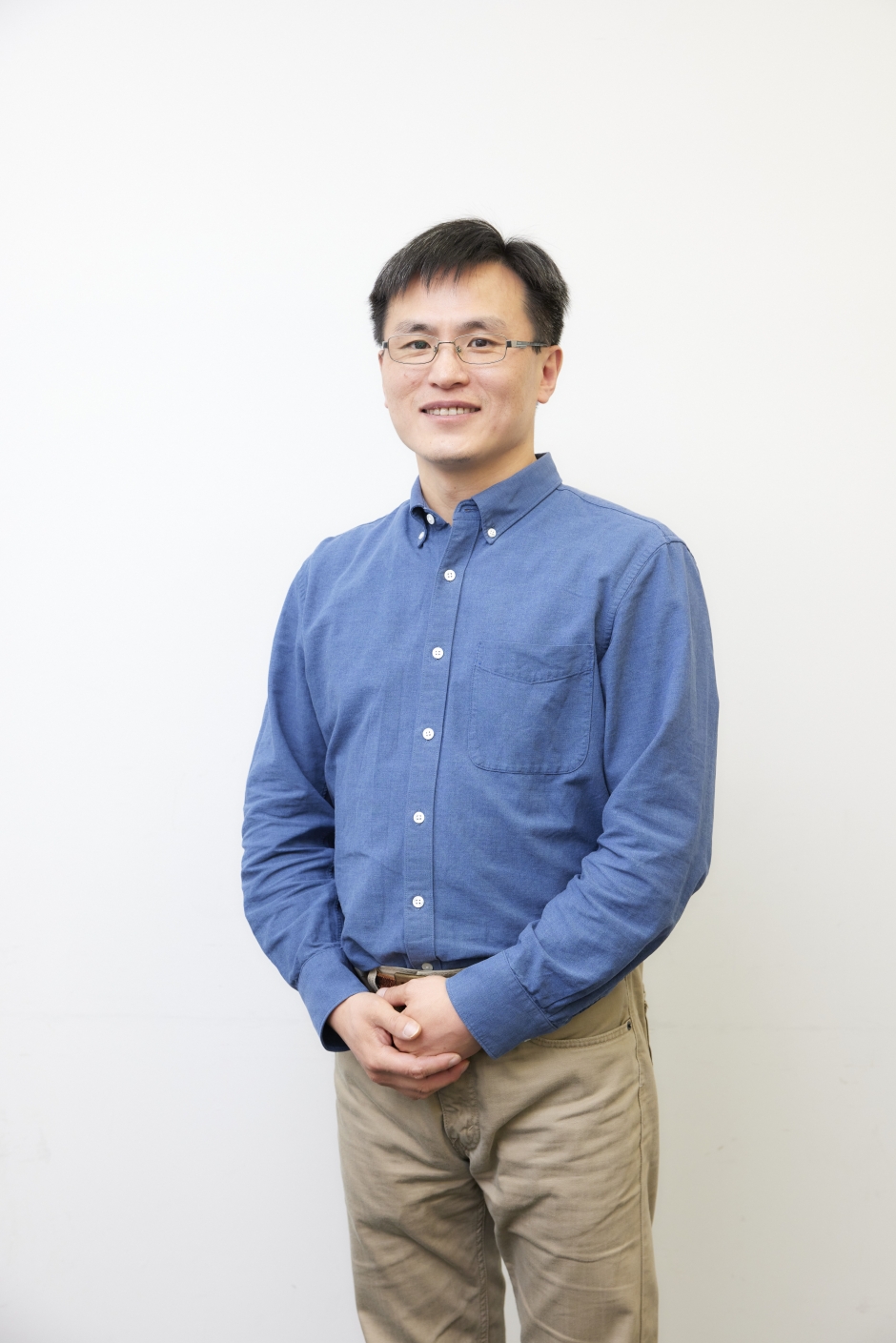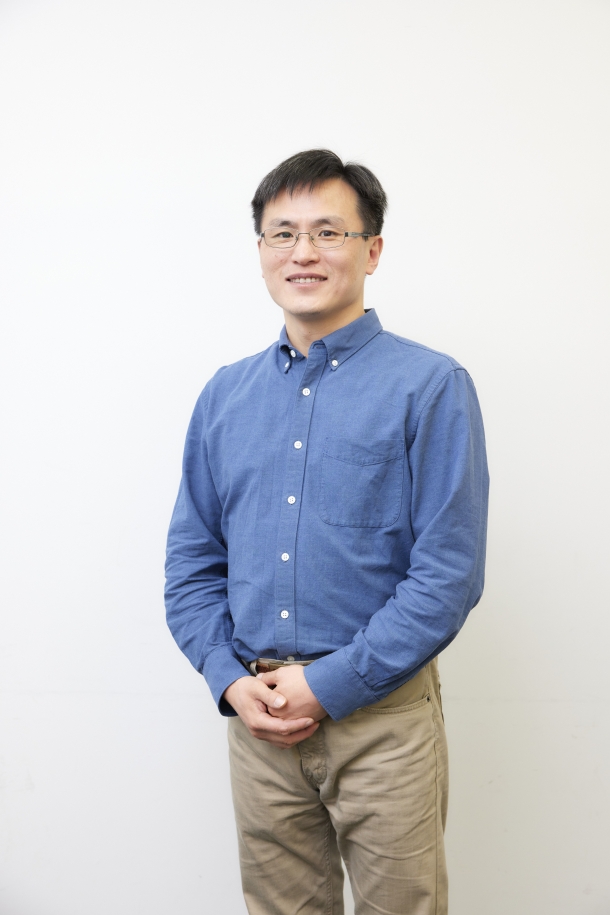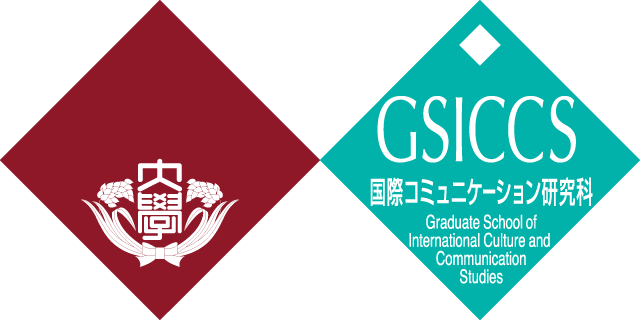- Faculty
- SHU, Min
SHU, Min

- Posted
- Fri, 21 Feb 2020

- Title:Professor
- Degree:Ph.D. in Politics (University of Bristol)
- Directed Research:International Political Economy
- Research Field:International Political Economy, Comparative Regionalism
Biography
I am Professor of International Political Economy at Graduate School of International Culture and Communication Studies. Before joining Waseda University in 2008, I taught at School of Economics, Fudan University. I was also visiting scholar/fellow at Harvard-Yenching Institute in the US, LUISS Guido Carli in Italy, Catholic University Leuven in Belgium, and University of Geneva in Switzerland.
My academic interests lie in two different areas. The first is East Asian regionalism. Ever since the start of my doctoral research on European integration, I have been interested in the comparative studies of European and East Asian regionalism. The sophisticated institutional and legal framework of the European Union stands in sharp contrast to the loosely constructed and often informal regional forums in East Asia. Yet, the two distinctive forms of regionalism both fared rather well against the internal and external challenges. To understand such an intriguing phenomenon, I have examined the impact of national identity, the process of state-building, the competition for regional leadership, and the nature of the government-business relationship in East Asia. This fruitful intellectual journey allowed me to engage with the literatures on regional production networks, free trade agreements, and the developmental state. More recently, I started to look into ‘East Asia-plus regionalism’, a novel development of East Asian regionalism which saw the newly proposed regional schemes extending beyond East Asia.
The second area of my research deals with pre-colonial international relations in East Asia. As the rise of China reshapes the debates in the field of international relations, there is growing interest in the non-Western practice of international relations in pre-colonial East Asia. Relying on secondary sources, I have traced the bilateral relations between various Chinese dynasties and the small and medium-sized kingdoms in pre-colonial Southeast Asia. My findings could not be more interesting! Instead of forming a coalition to balance against the powerful Chinese dynasties, small Southeast Asian kingdoms dispatched frequent tributary missions to the Chinese court in order to win favor against their neighboring competitors. Meanwhile, the Chinese court rarely managed to exert hegemonic controls in pre-colonial Southeast Asia despite its overwhelming material capabilities. My current work in this area focuses on the international relations of the Ming-Qing transition in the early 17th century. My goal is to make use of both primary and secondary sources to compile a regional history of the most consequential power transition in pre-colonial East Asia.
Major Works / Publications Awards
https://w-rdb.waseda.jp/html/100000954_en.html
Directed Research
International political economy saw some dramatic changes in the first two decades of the 21st century.
The global financial crisis, the rise of emerging economies, the spread of anti-globalization populism, the escalation of trade wars, and an unexpected global pandemic have all challenged our existing knowledge about the operation of world economy, international politics, and their complex interactions. Nowhere is such a trend more visible than in East Asia. While East Asia boasts the world’s most dynamic regional economy, the countries in the region are confronted with the mounting uncertainties of geopolitical competition, value chain reconstruction, and competing regional roadmaps. This seminar intends to help postgraduate students to grasp the changing dynamics of international political economy (IPE) in East Asia and beyond. At the master level, students are expected to deepen their theoretical knowledge of international economics and world politics, sharpen their analytical minds towards current affairs, and develop their thesis projects in the sub-fields of IPE. At the doctoral level, ambitious young researchers are encouraged to pursue original and innovative research projects based on rigorous methodological skills, sophisticated theoretical enquiries, and extensive fieldwork interviews and empirical data collection. In particular, I am interested in supervising research topics dealing with trade politics, energy transition, regional cooperation, and global governance. Applicants with a special interest in East and Southeast Asia are encouraged to join my seminar.
